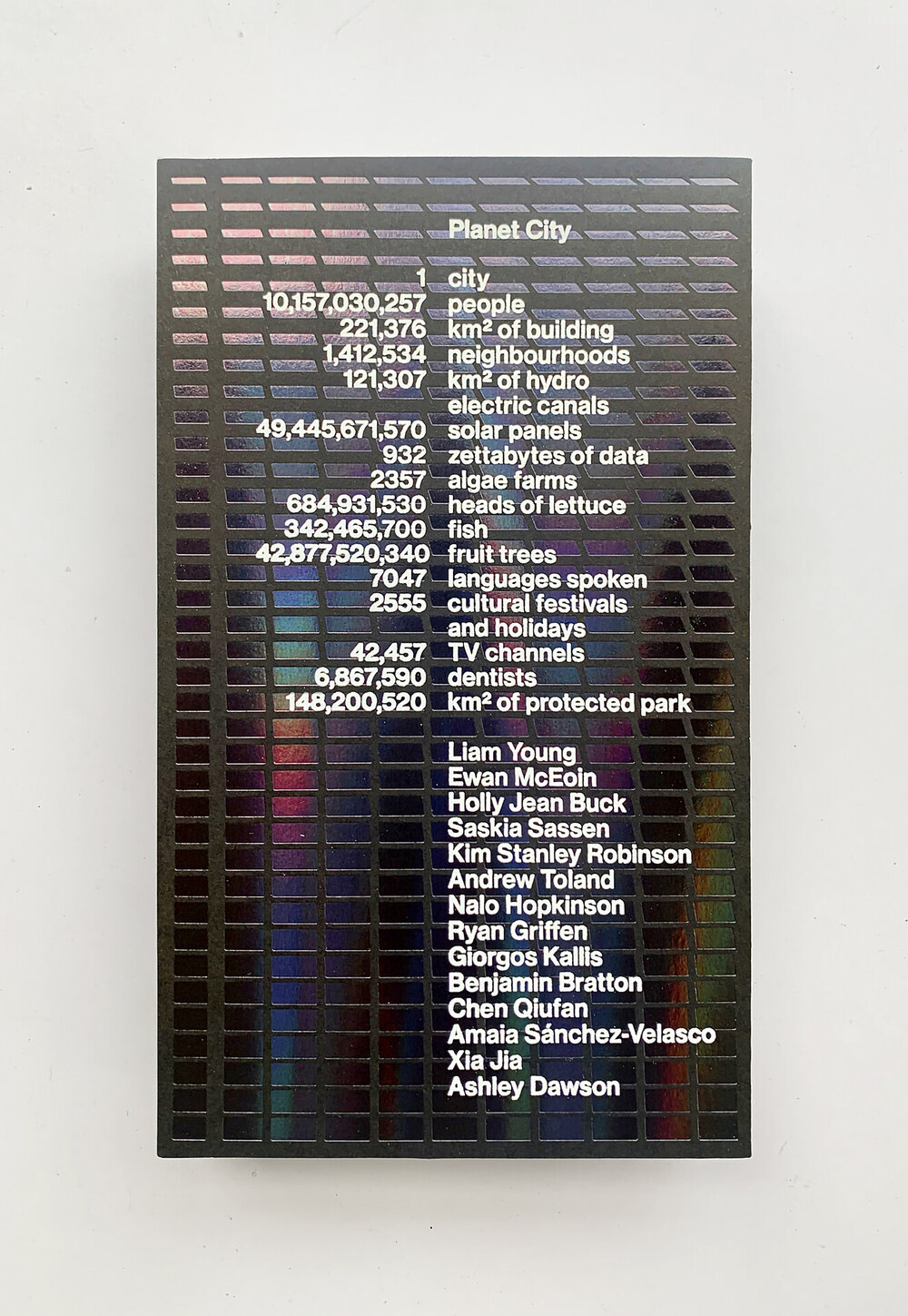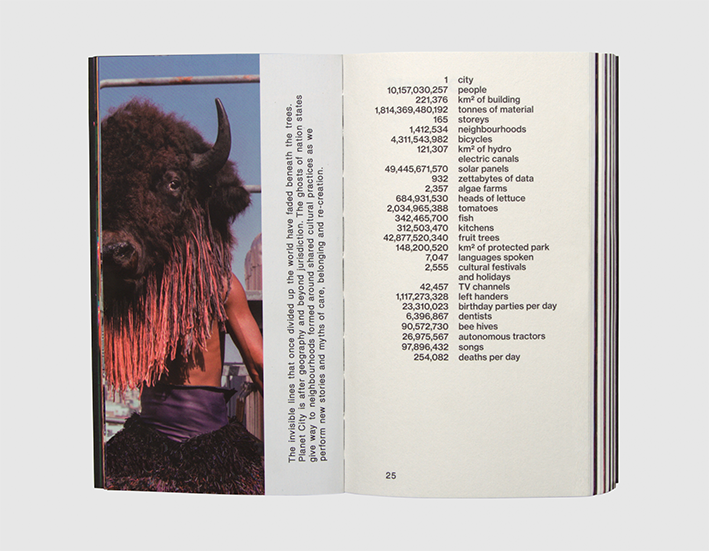Planetary Social Condensers
One decade after the October Revolution, the Russian Constructivists described ‘the Social Condenser (SC) as an architectural type able to catalyze political ideas and novel forms of living. Anatole Kopp argued that the SC did not just reflect the society of the 1920s Soviet Union, but its possible futures. He described them as “buildings voluntarily non-adapted to the time in which they were constructed, but in view of a remote period, being both an ‘image’ of a new society and a ‘cast’ which contributed to its creation”.
Under this premise, I propose to re-contextualize the notion of the SC within the political overturn of ‘Planet City’, a hyper-dense megalopolis of seven billion citizens that abducts humanity (as a whole). The foundational violence implicit in the very idea of moving the entire Earth population away from their ‘homes’ to a newly constructed city, unleashes concerns around potential authoritarian forms of governance. However, could the countless conflicts, anxieties, fears and aspirations carried by the new residents of ‘Planet City’ converge, instead, as the raw material to galvanize a planetary radical democracy?
Chantal Mouffe claims that ‘the political’ is a field of competing interests and perpetual conflict, in which unresolved battles, are not a threat to democracy, but its vital essence”. Indeed, ‘Planet city’ is an invitation to imagine a post-nationalist planetary citizenship as well as to dismantle preconceived notions of identity, sovereignty, private property, power, participation and collectivity. For Rosi Braidotti, the process of “dis-identification from established nation-bound identities requires leaving ‘home’ which entails an extra effort to change deeply embedded habits, also in terms of imaginary self-representation”.
The recent proliferation of post-capitalist political theories contrasts with the scarcity of concurrent spatial experimentation. In light of this, the re-appropriation of the symbolic and organizational capacities of SCs is an opportunity to spatialize emergent modes of living, rituals, negotiations and routines for a post-nationalist planetary citizenship. The premise described in this essay was tested in the form of a pedagogical investigation in which participants designed a network of planetary SCs inserted in the hyper-dense urban fabric of ‘Planet City’. The planetary SCs functioned as the spatial catalyzers were to test contemporary political theories including the Xenofeminist Manifesto, Accelerationist Manifesto, Degrowth Manifesto and the MundaneAfro-futurist Manifesto, among others.
Publisher: Uro Publications, 2021, ISBN: 9780648685876.

